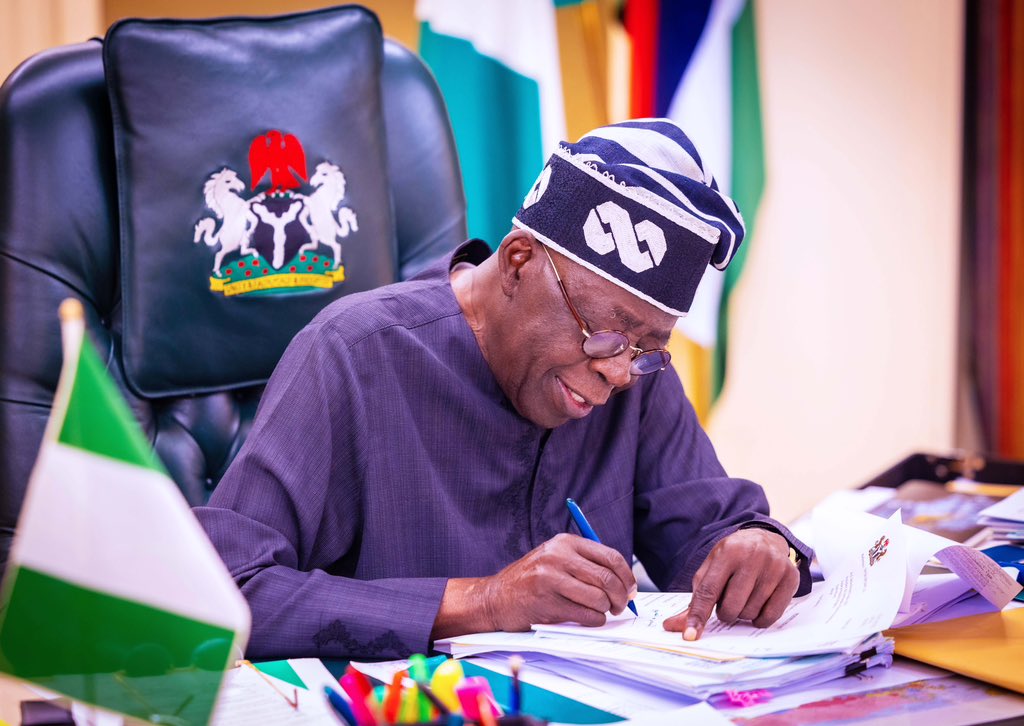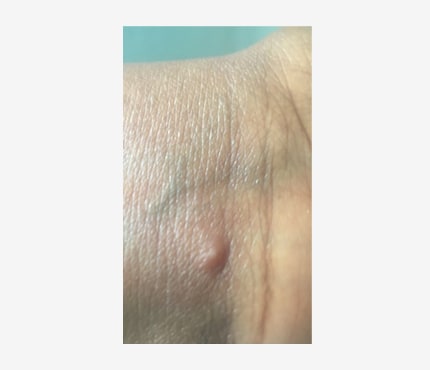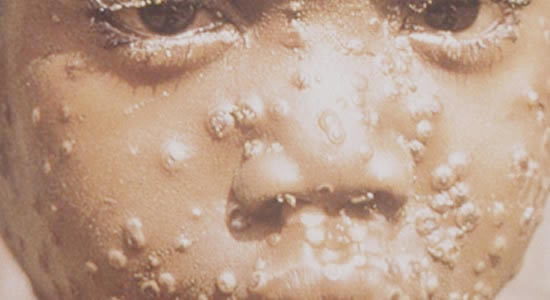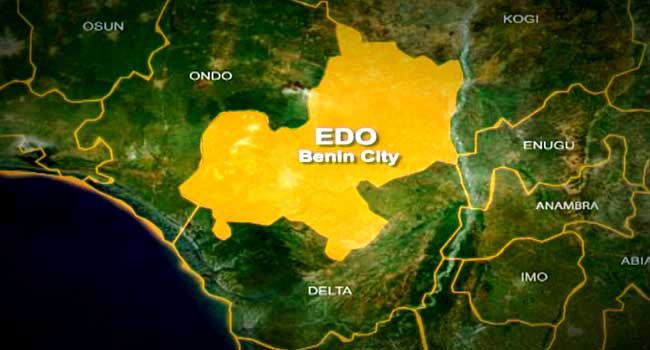Yellow Fever: NCDC Reports 14 Deaths In 10 States
The Nigerian Center For Disease Control and Prevention (NCDC) has announced 14 deaths in 10 states from suspected cases of yellow fever between January to July. The affected states included Abia (one), Bayelsa (one), Benue (one), Imo (one), Kaduna (one), Katsina (two), Kebbi (one), Taraba (two), Yobe (one), and Zamfara (three). The NCDC stated this via its official website on Sunday.











